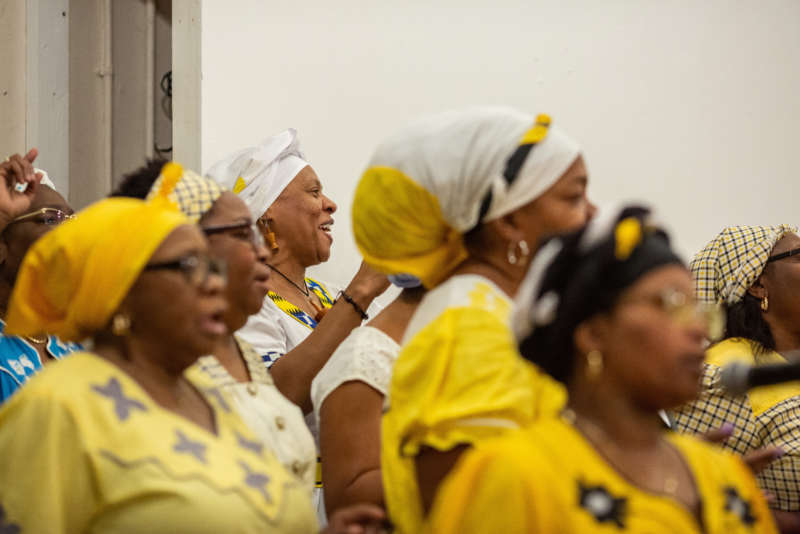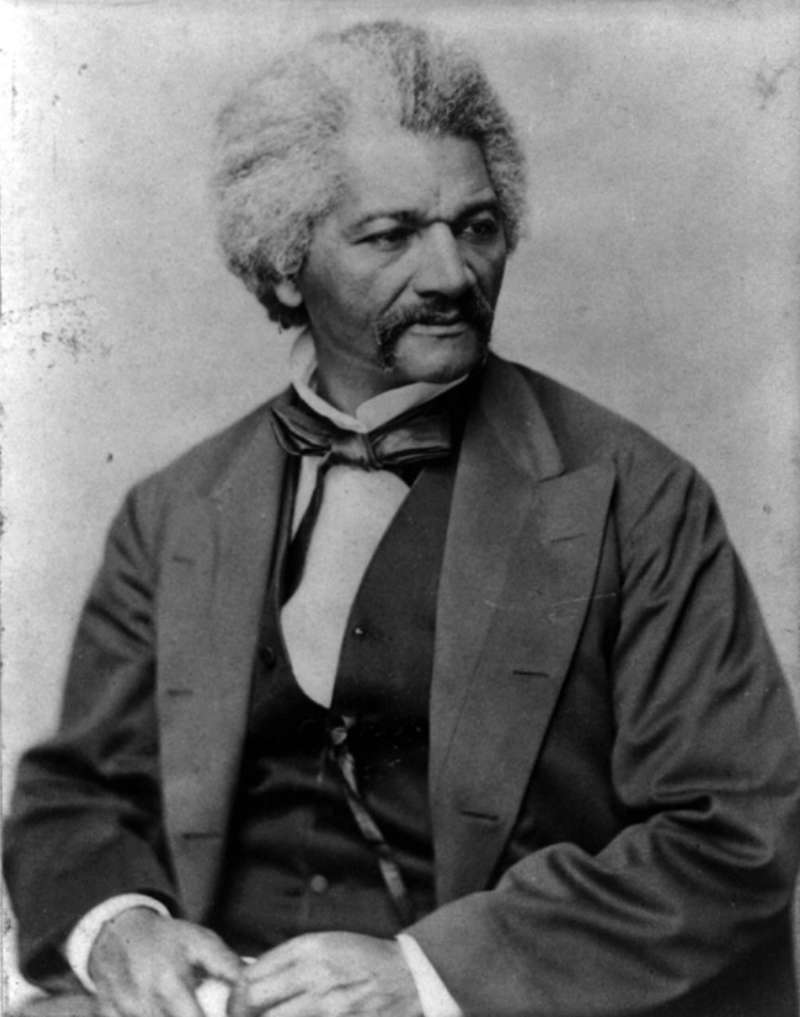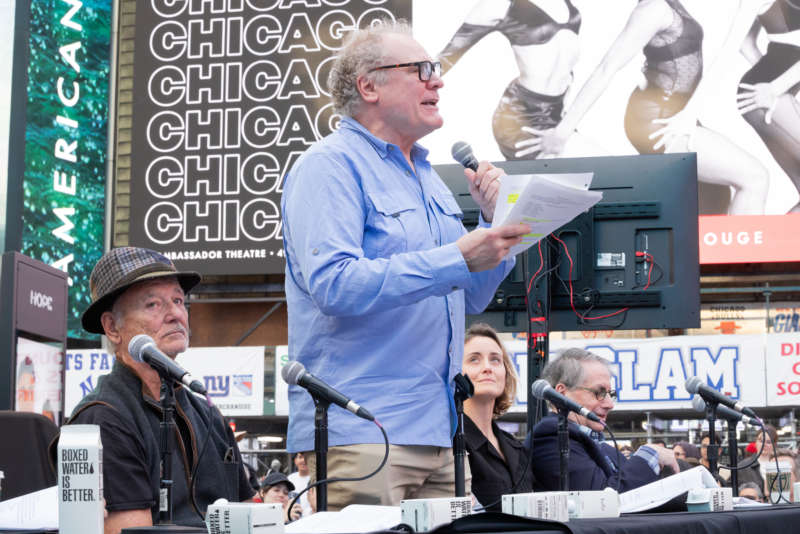Open to Public
Job in Red Hook
Tue, Dec 17.2013
About the play
-
The Book of Job by Translated by Stephen Mitchell
The Book of Job is an ancient Hebrew poem that timelessly explores how humans behave when bad things happen to good people. At the beginning of the poem, Job, a righteous and prosperous man, is tested by God. In the span of one day, he loses everything—his children, his crops, his livestock, his house, and his health. Convinced of his own innocence, Job sits silently in the dirt behind what's left of his home and asks God for an explanation. But God doesn't answer. Job is visited by a group of friends who, at first, sympathize with his suffering, but when Job begins to question why he has been singled out and made to suffer, they condemn his behavior and accuse him of having done something to deserve his terrible fate. In spite of these accusations, Job clings to the belief that he has done nothing wrong and continues to shake his fists at the sky in righteous indignation. At the very end of the poem, God reveals himself to Job as a disembodied voice within a whirlwind and rebukes him for presuming to understand His will. Job covers his mouth and falls silent, and—in an enigmatic ending—God restores his health and prosperity, doubling his children, his livestock, and his crops.
Explore Projects
-
 Refugees & ImmigrationThe Suppliants Project
Refugees & ImmigrationThe Suppliants ProjectThe Suppliants Project tells the timeless story of fifty female refugees seeking asylum at a border from forced marriage and domestic violence. The play not only depicts the struggle of these women to cross into safety, but also the internal struggle within the city that ultimately receives them. Using a 2,500-year-old tragedy by Aeschylus as a catalyst for powerful gatherings and crucial conversations, The Suppliants Project engages diverse audiences in humanizing, constructive dialogue about the challenges and impact of war, migration, and seeking asylum.
-
 RacismFrederick Douglass
RacismFrederick DouglassFrederick Douglass is a project that presents dramatic readings of Douglass' speeches by professional actors as a catalyst for powerful dialogue about racism, inequality, civil rights, education, and the legal system with the objective of fostering compassion, understanding, and positive action.
-
 Pandemic & Climate CrisisAn Enemy of The People
Pandemic & Climate CrisisAn Enemy of The PeopleAn Enemy of the People presents acclaimed actors, public health leaders, scientists, journalists, elected officials, and local community members performing dramatic readings of scenes from Henrik Ibsen’s 1882 play An Enemy of the People to help frame powerful, guided audience discussions aimed at generating connection, understanding, compassion, moral repair, and much-needed healing. The play tells the story of a doctor who discovers the water supply in his small, rural town has been poisoned by a tannery. Despite his efforts to convey the truth to the public, the doctor fails to save his community from environmental disaster and is ultimately scapegoated for his whistleblowing. An Enemy of the People was first performed in Norway in 1882, and yet it speaks to the present moment as if it were written for our times — to the corrosive influence of power and money in politics, the distortions of the media, and the many other challenges to public health in our culture today, especially during times of crisis.